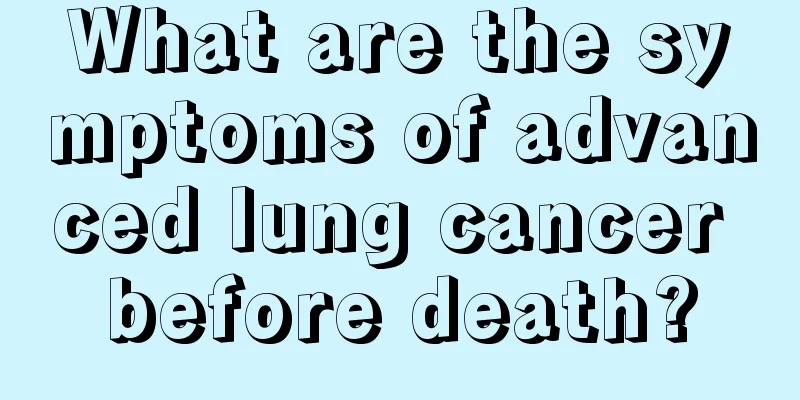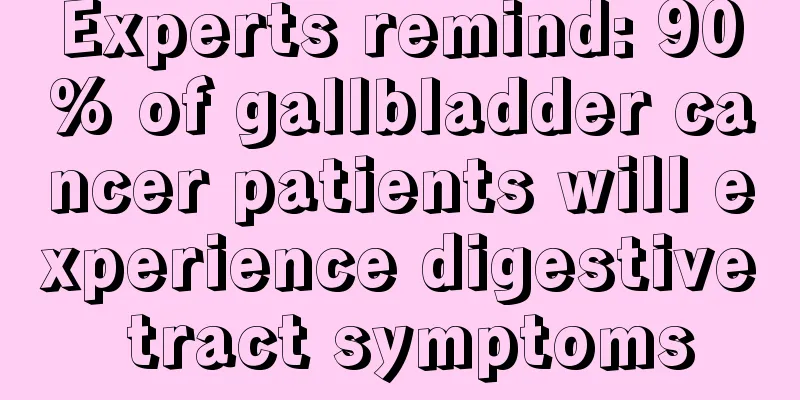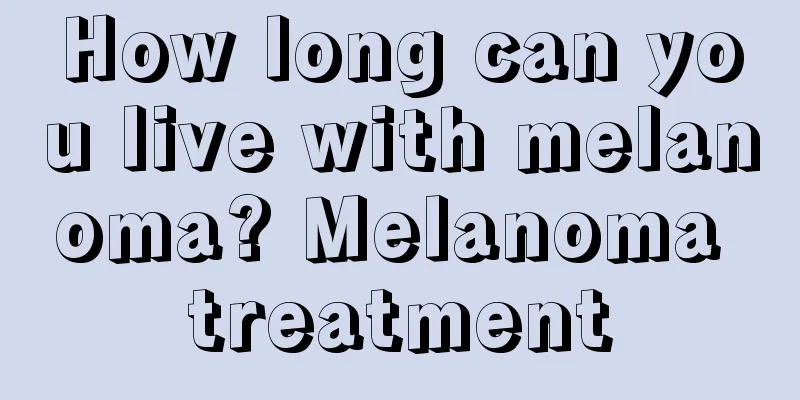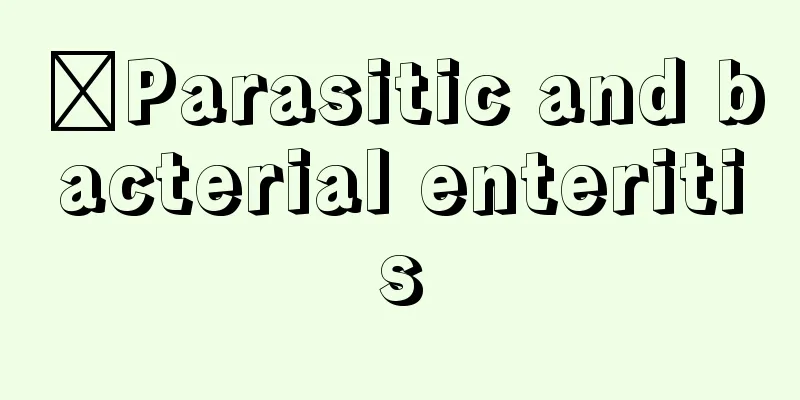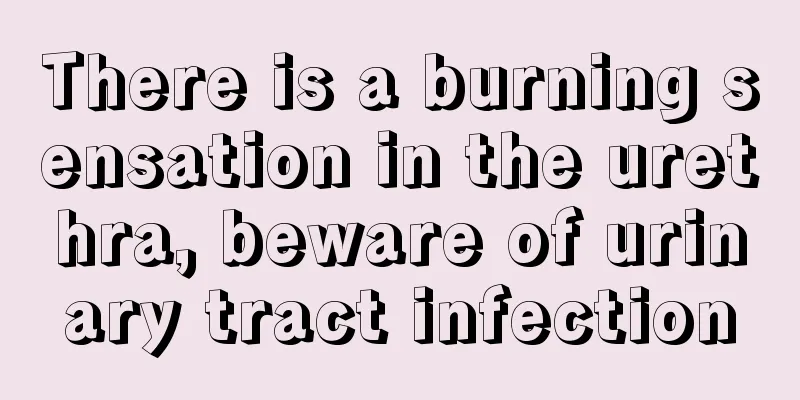What is supraventricular tachycardia

|
The incidence of supraventricular tachycardia is relatively high. I believe many friends don’t know much about supraventricular tachycardia. So what is supraventricular tachycardia? Next, this article will introduce you to the relevant knowledge about supraventricular tachycardia. Friends who want to know what supraventricular tachycardia is can continue reading! Please see the detailed introduction below. Supraventricular tachycardia, abbreviated as SVT. It mainly includes paroxysmal supraventricular tachycardia, autonomous atrial tachycardia and non-paroxysmal junctional tachycardia. Paroxysmal supraventricular tachycardia is a paroxysmal rapid and regular ectopic rhythm. It is characterized by sudden onset and sudden cessation. During an attack, the patient feels his heart beating very fast, as if it is about to jump out, which is very uncomfortable. During an attack, the heart rate is 150 to 250 beats per minute and lasts for seconds, minutes, hours or days. Sometimes when the doctor arrives, the patient's attack has already ended. Palpitation may be the only symptom, but if there is a history of coronary heart disease or other heart disease, dizziness, fatigue, difficulty breathing, angina pectoris, syncope, and electrocardiogram changes showing myocardial ischemia may occur. In most cases, the presence of an atrioventricular accessory tract or differences in the conductivity and refractory nature of the atrioventricular node function is the basis for its occurrence. How is supraventricular tachycardia treated? 1. Drug treatment 1. Propranolol: It is contraindicated for patients with severe atrioventricular block, asthma and heart failure. 2. Verapamil: This drug has a rapid onset of action, with a cardioversion rate of 92~96% within 5 minutes. Side effects include decreased blood pressure, cardiac arrest, and atrioventricular block. 10% calcium gluconate should be available to antagonize its serious adverse reactions and should be used with caution in infants. 3. Propranolol: This drug has a fast onset of action, a high cardioversion rate, and is relatively safe. 4. ATP: The initial dose should be small, especially for older children. 5. Esophageal pacing and electric shock cardioversion. 2. Radical treatment method 1. Radiofrequency ablation Catheter radiofrequency ablation is relatively safe and causes less damage to the heart. Generally speaking, children over 6 years old can receive this treatment technology, which is currently a relatively safe and effective method to cure paroxysmal supraventricular tachycardia. 2. Surgical treatment Indications for surgery: patients with poor response to conventional antiarrhythmic drugs; patients with atrial fibrillation and rapid ventricular response; patients who need cardiac surgery. The above is an introduction to what supraventricular tachycardia is. I believe that after reading the above introduction, everyone will have some understanding of the definition, types, symptoms and treatments of supraventricular tachycardia. This knowledge can provide us with a better understanding of the disease called supraventricular tachycardia. For patients with supraventricular tachycardia, timely treatment is necessary so that they can have a healthy body. |
<<: How to prevent irregular heartbeat during pregnancy
>>: Why do I feel shortness of breath sometimes?
Recommend
What medicine can cure bee mites the fastest?
Bee mites refer to a type of external parasitic m...
Nursing for mid- to late-stage pancreatic cancer
Many patients are tortured physically and mentall...
Is polishing harmful to the body?
Polishing is a relatively common technology at pr...
What are the symptoms of brain cancer
In today's medicine, many diseases are beginn...
What to do if your finger joints are swollen and painful
Many people are at a loss when they experience sw...
What are the treatment principles of ovarian cancer surgery
The mortality rate of ovarian cancer ranks first ...
What serious harm will bladder cancer bring
What harm does bladder cancer bring to the human ...
I have a lot of mosquito bites on my body in winter. What's going on?
Mosquito bites are very annoying, especially in s...
What are the consequences of being infected with gallbladder cancer
Gallbladder cancer is a malignant tumor that occu...
What are the precautions for facial fat filling
People attach great importance to their faces. If...
Walking is beneficial to the recovery of bone cancer patients
Is it true that walking is beneficial to the reco...
Principles and methods of surgical treatment of lung cancer
Many lung cancer patients choose surgical treatme...
What are the early symptoms of liver cancer? What tests are needed for early liver cancer?
Everyone may have heard of liver cancer, but it i...
What to do if you strain your knee tendon
If you strain your knee tendon, you must go to th...
The distress signal sent by the five internal organs
What are the chances of a person suffering from a...

